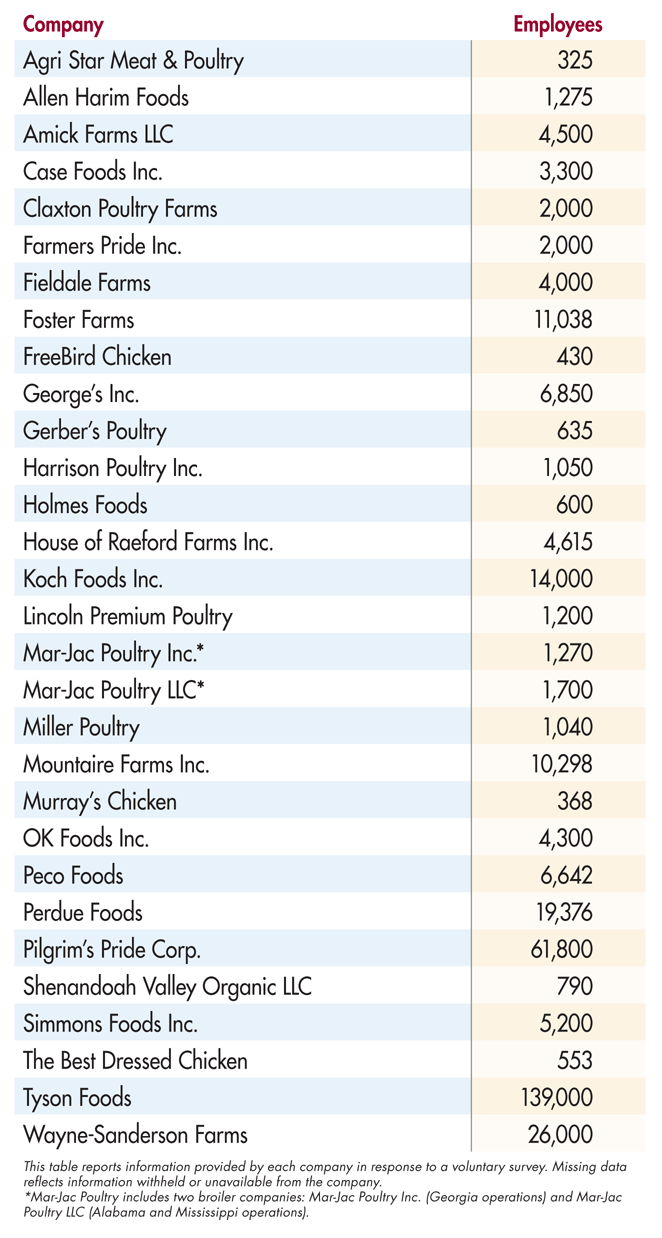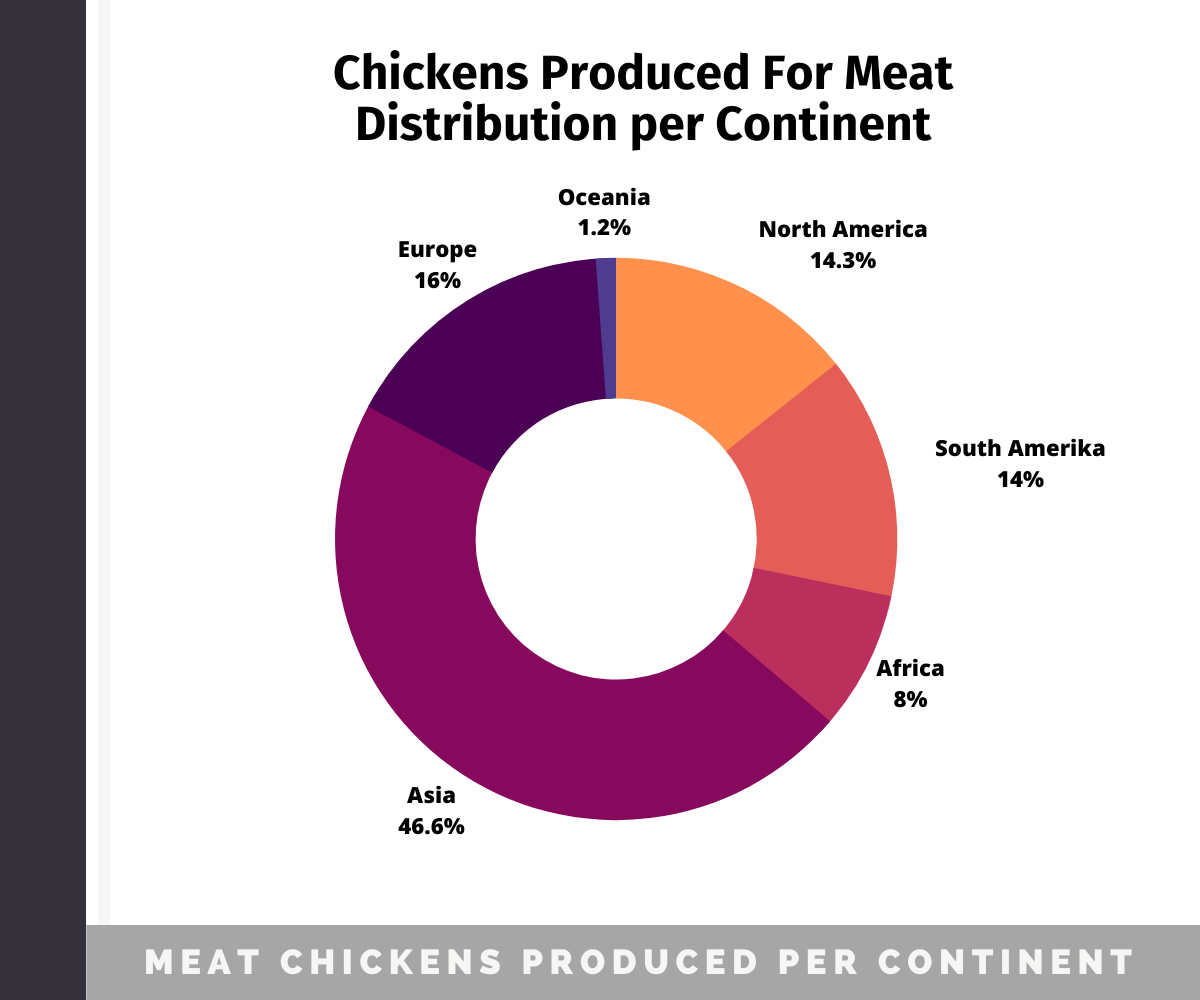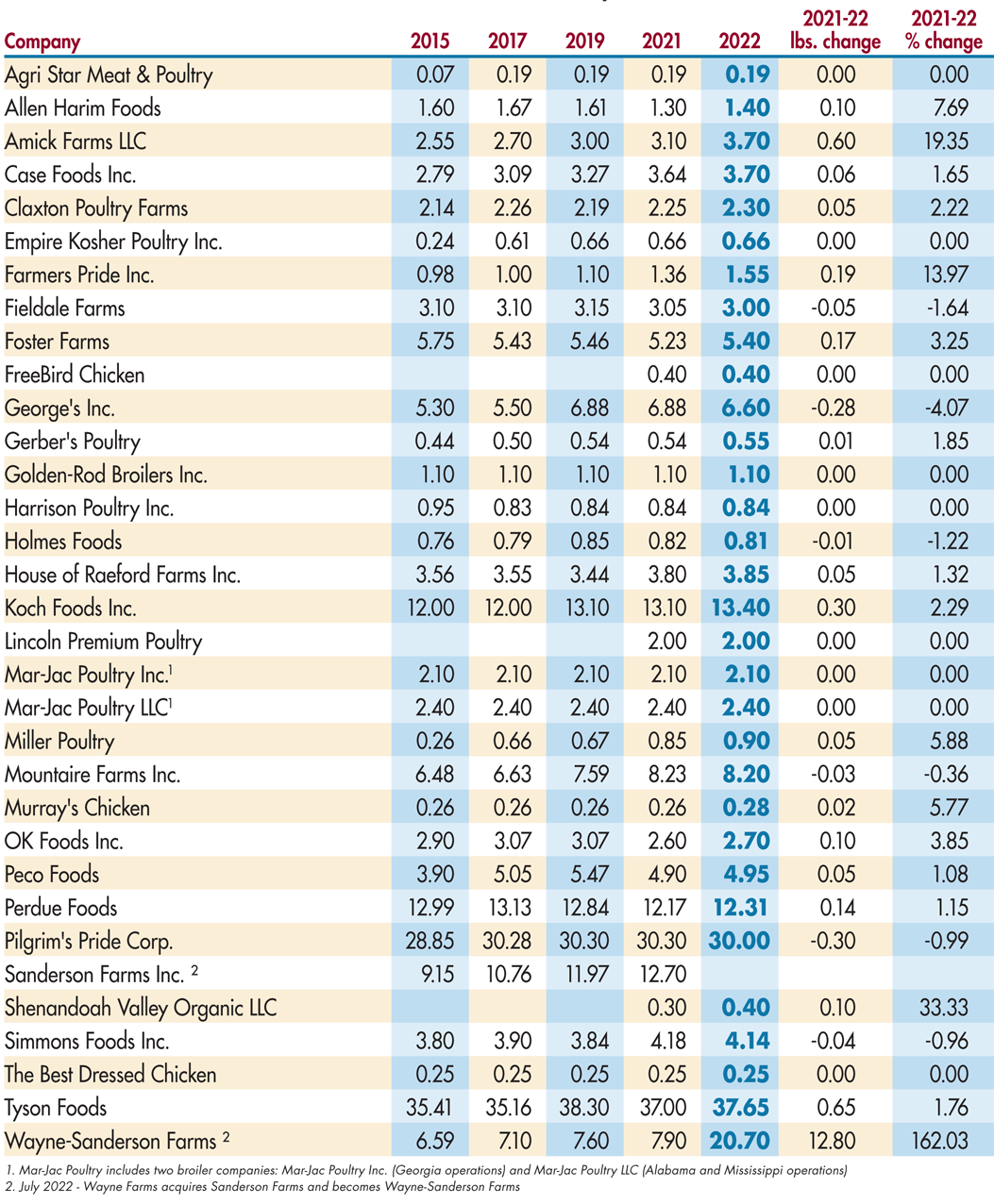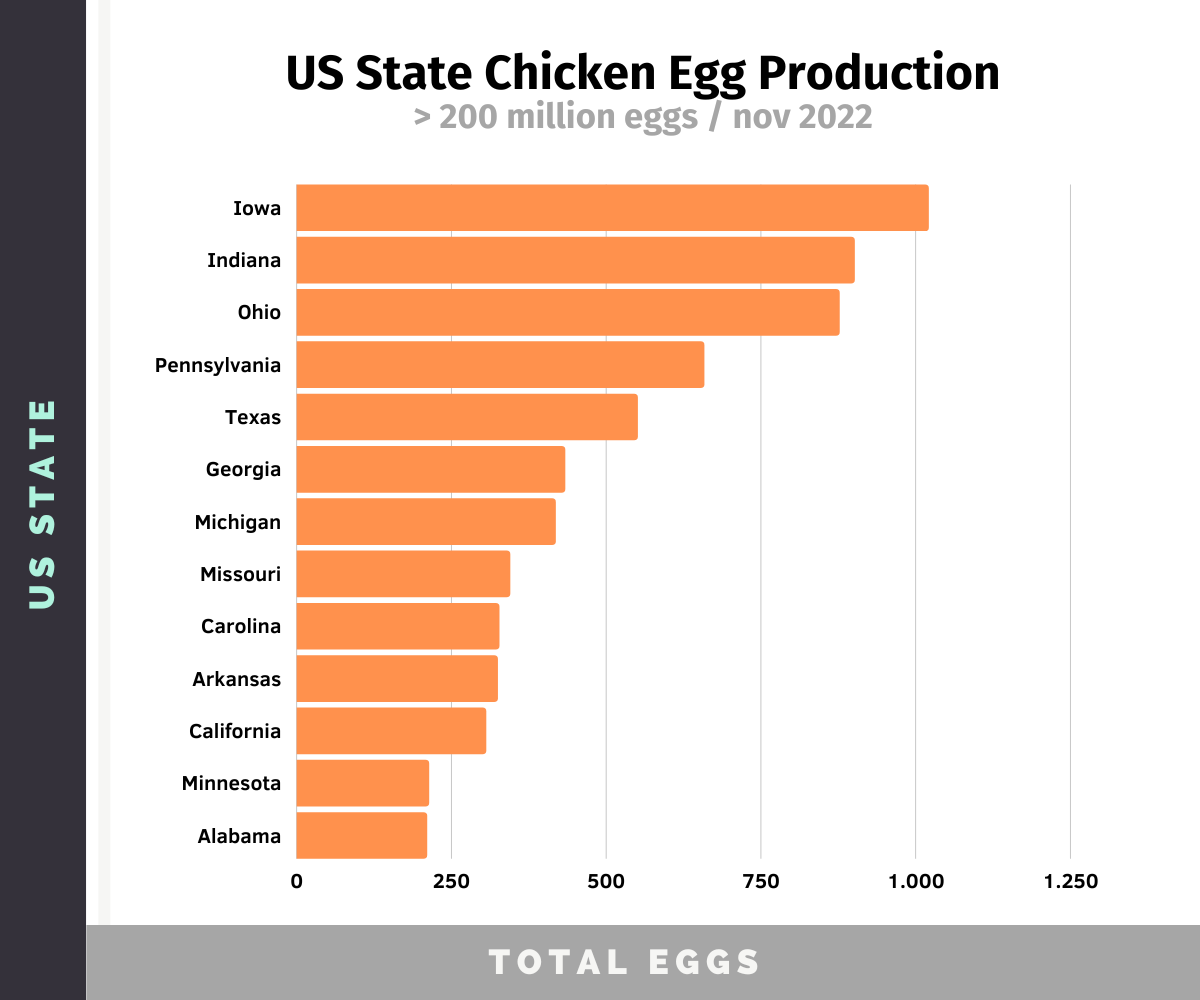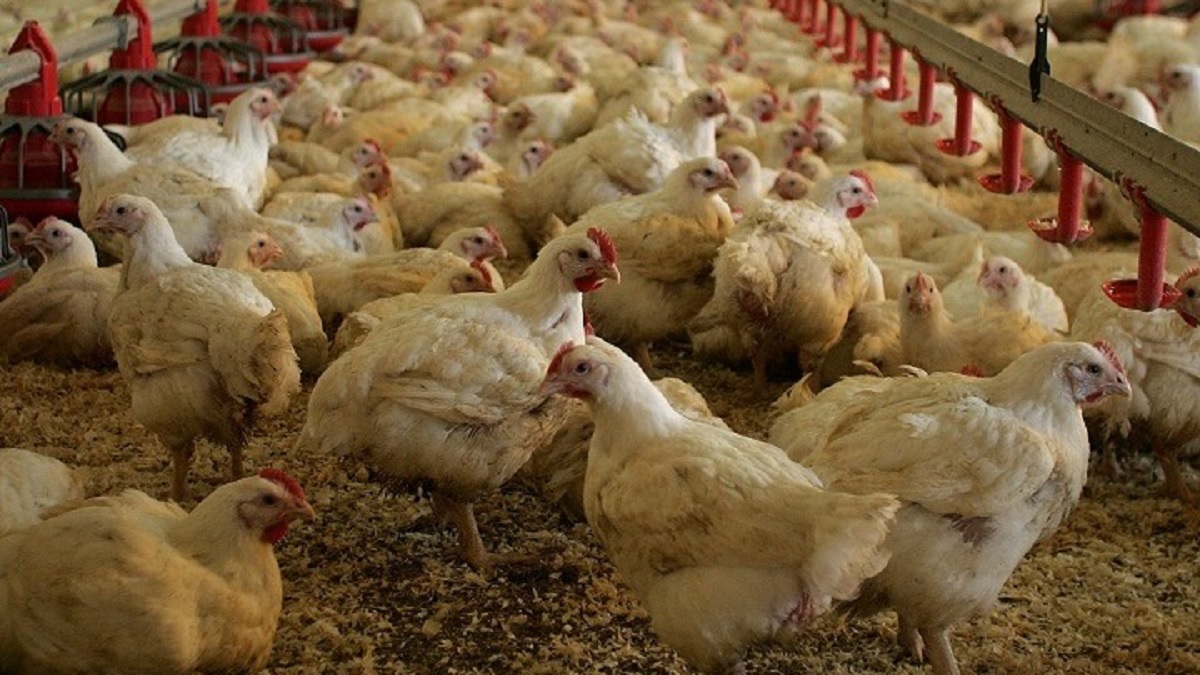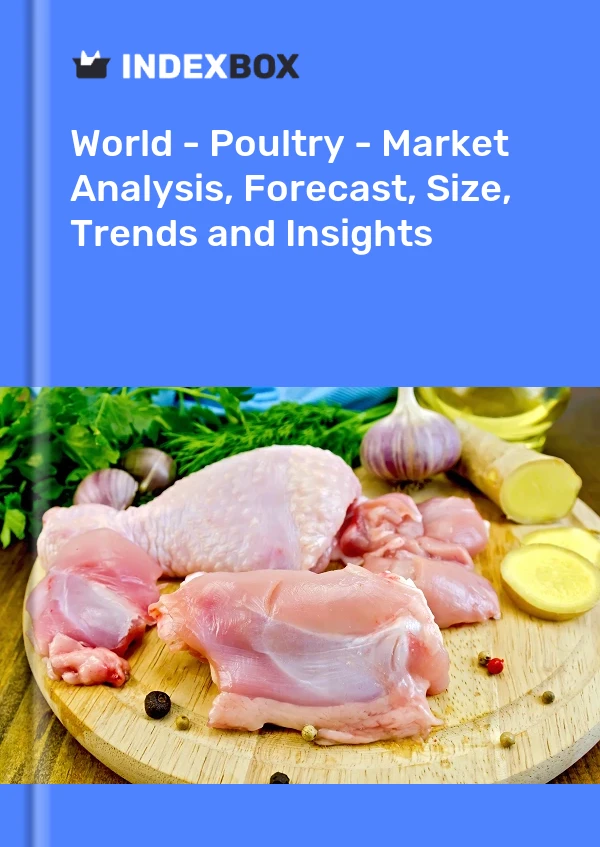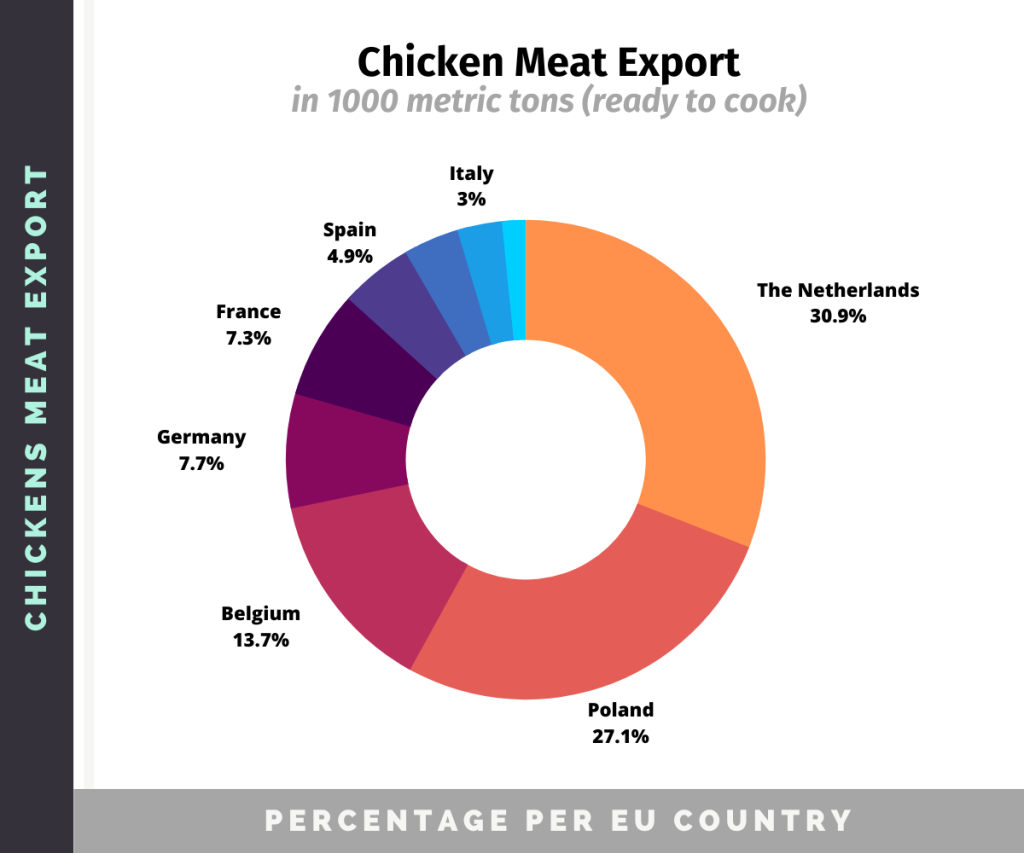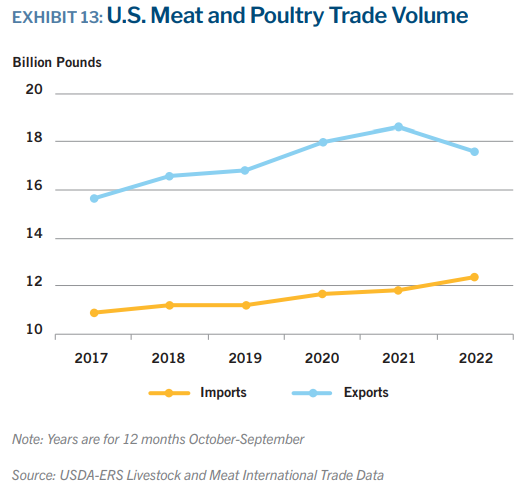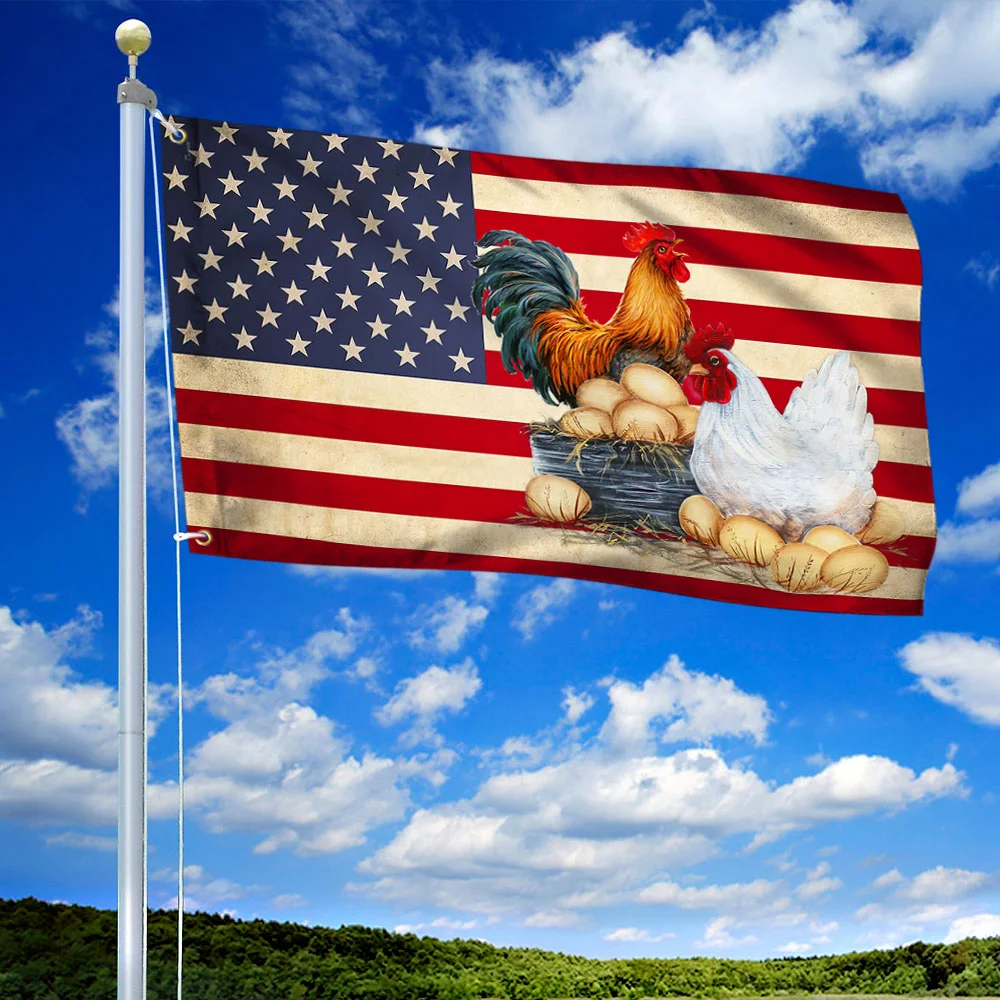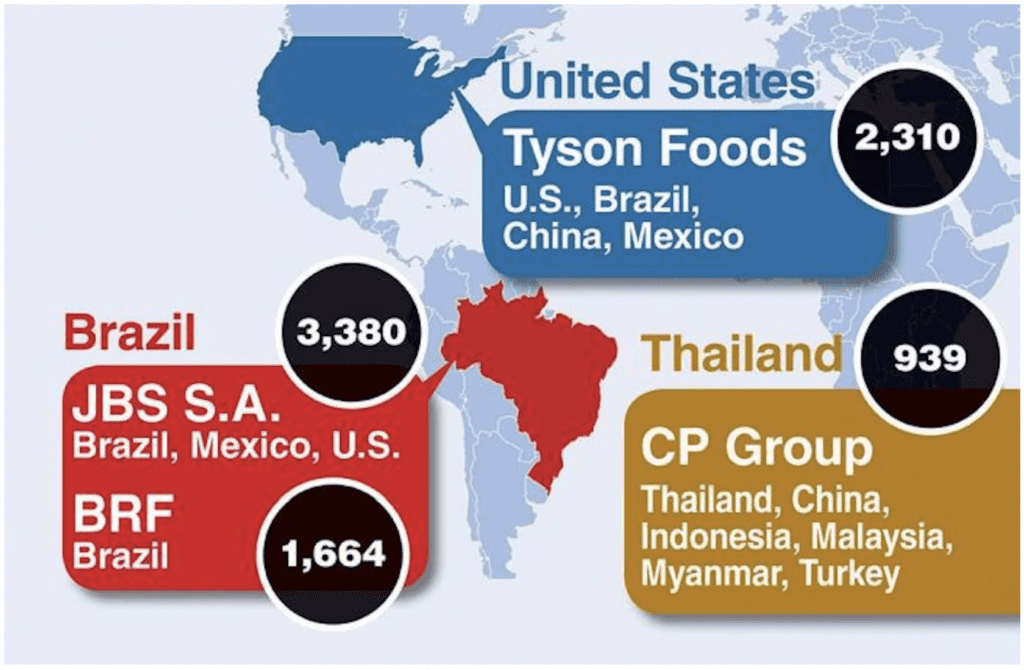Top 25 Poultry Companies In Usa

The United States poultry industry, a cornerstone of the nation's agricultural sector, is dominated by a relatively small number of companies. These giants control a significant portion of the production, processing, and distribution of chicken, turkey, and other poultry products, impacting everything from consumer prices to employment opportunities in rural communities.
This article delves into an overview of the top 25 poultry companies in the USA, based on their estimated annual sales and production volumes. Understanding the landscape of these key players is essential for anyone involved in or impacted by the food industry, including consumers, investors, and policymakers.
The Titans of Poultry: An Overview
The rankings presented are primarily based on publicly available information, industry reports, and estimates derived from various sources. Precise figures are often proprietary, but these rankings provide a reasonable approximation of market share and overall influence.
It is important to note that rankings can fluctuate due to market dynamics, acquisitions, and shifts in consumer demand. Nevertheless, the companies listed below consistently demonstrate their prominence within the industry.
Top Companies (in Alphabetical Order, representative of industry leaders):
- Cargill Protein: A global giant with a significant poultry division, Cargill is a major player in beef, pork, and turkey production.
- Claxton Poultry Farms: Known for its commitment to quality and sustainable practices, Claxton Poultry Farms is a prominent regional player.
- Foster Farms: A West Coast powerhouse, Foster Farms produces a variety of poultry products, including fresh chicken and prepared meals.
- House of Raeford Farms: Focused on community and sustainable practices, House of Raeford is a large producer particularly of chicken.
- JBS USA (Pilgrim's Pride): While owned by a Brazilian company, Pilgrim's Pride remains a major force in the U.S. chicken market. They operate processing plants across several states.
- Koch Foods: One of the fastest-growing poultry companies in the US, Koch Foods is a major supplier to foodservice and retail markets.
- Mountaire Farms: Mountaire Farms has grown significantly in recent years, expanding its operations and product offerings.
- Perdue Farms: Perdue Farms is a well-known brand with a strong emphasis on animal welfare and quality. They produce chicken, turkey, and other products.
- Sanderson Farms (Now part of Cargill & Continental Grain): Previously a public company, Sanderson Farms was acquired, becoming part of a joint venture between Cargill and Continental Grain. They were known for their focus on chicken production.
- Tyson Foods: Tyson Foods is the undisputed king of the U.S. poultry market, with the largest market share and a diversified product portfolio.
The remaining companies that typically comprise the top 25 include a mix of large regional players and specialized producers. These companies often cater to specific markets or focus on particular types of poultry products.
Other Significant Companies (not an exhaustive list):
- Amick Farms
- Case Farms
- Cooper Farms
- George's Inc.
- GNP Company (Gold'n Plump)
- Harrison Poultry
- Hillshire Brands (now part of Tyson Foods)
- Mar-Jac Poultry
- OK Foods
- Peco Foods
- Rose Acre Farms
- Seaboard Foods (integrated pork and turkey producer)
- Simmons Foods
- Wayne Farms (now Continental Grain)
These companies, while not always at the very top in terms of overall size, play a crucial role in the industry. They contribute significantly to employment and regional economies.
Key Trends and Impacts
The poultry industry is constantly evolving, driven by factors such as consumer preferences, technological advancements, and regulatory changes. Animal welfare has become an increasingly important consideration, with many companies adopting improved farming practices.
Sustainability is also a major focus, with companies working to reduce their environmental impact. This includes initiatives to conserve water, reduce greenhouse gas emissions, and manage waste effectively.
Furthermore, the industry is facing challenges related to labor shortages and rising input costs. These factors are putting pressure on profitability and forcing companies to become more efficient.
The consolidation of the poultry industry has been a long-term trend, with larger companies acquiring smaller ones. This has led to increased market concentration and raised concerns about competition.
Fluctuations in grain prices, disease outbreaks (such as avian influenza), and trade policies can all have significant impacts on the poultry market. These events can disrupt supply chains and affect consumer prices.
"The U.S. poultry industry is a vital part of our food system, providing affordable and nutritious protein to consumers. It is important to support policies that promote innovation, sustainability, and fair competition in this sector," says Dr. Emily Carter, agricultural economist at the University of Iowa.
The top 25 poultry companies in the USA play a critical role in shaping the food landscape. Their decisions and actions have far-reaching consequences for consumers, workers, and the environment.
By understanding the dynamics of this industry, we can better assess its impact on society and work towards a more sustainable and equitable food system.
